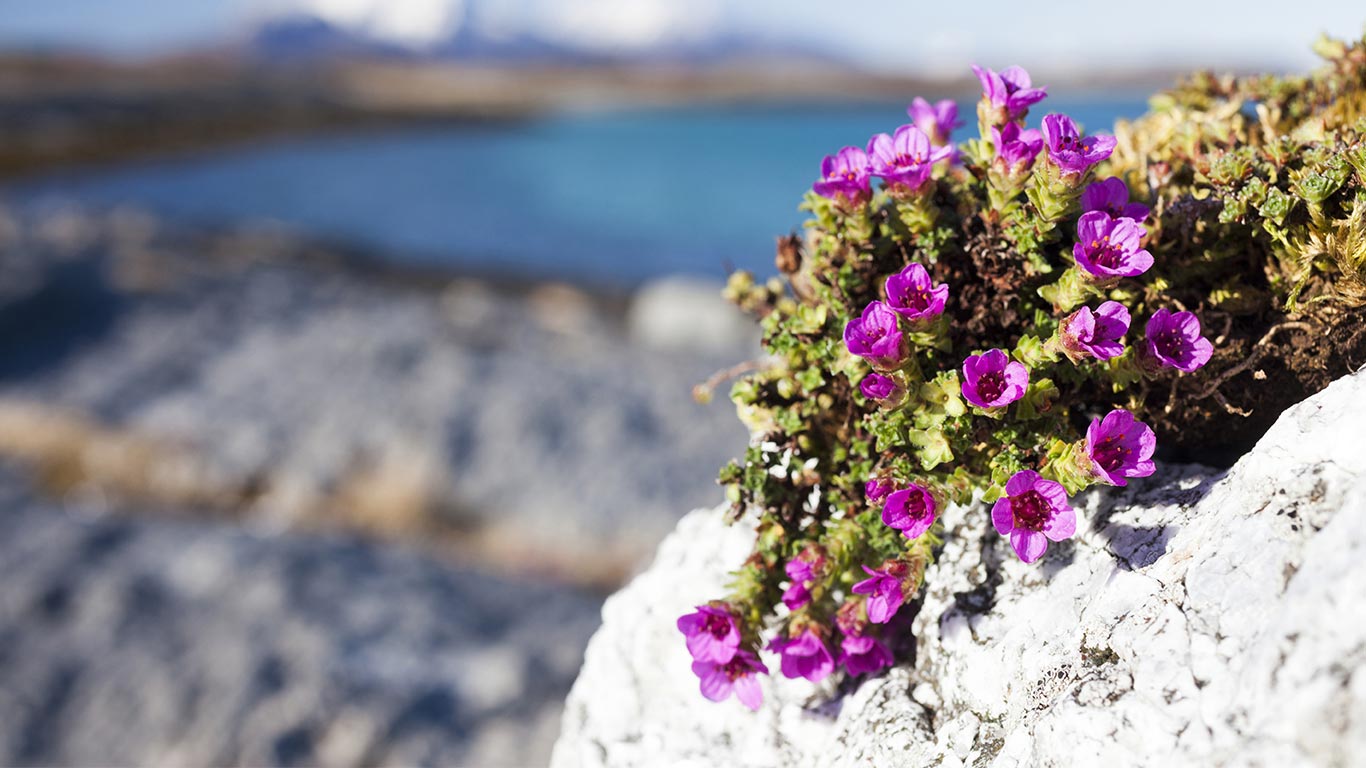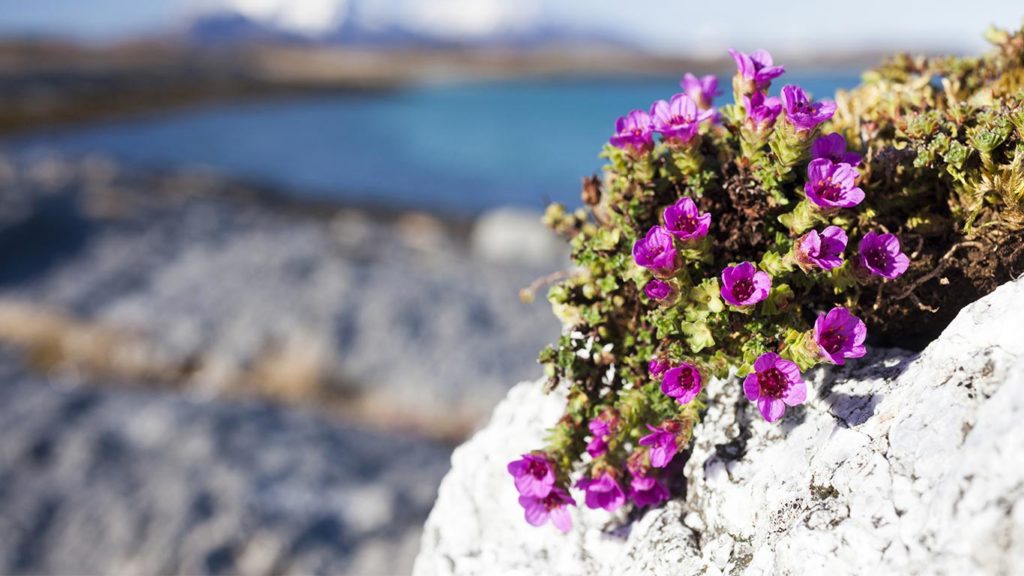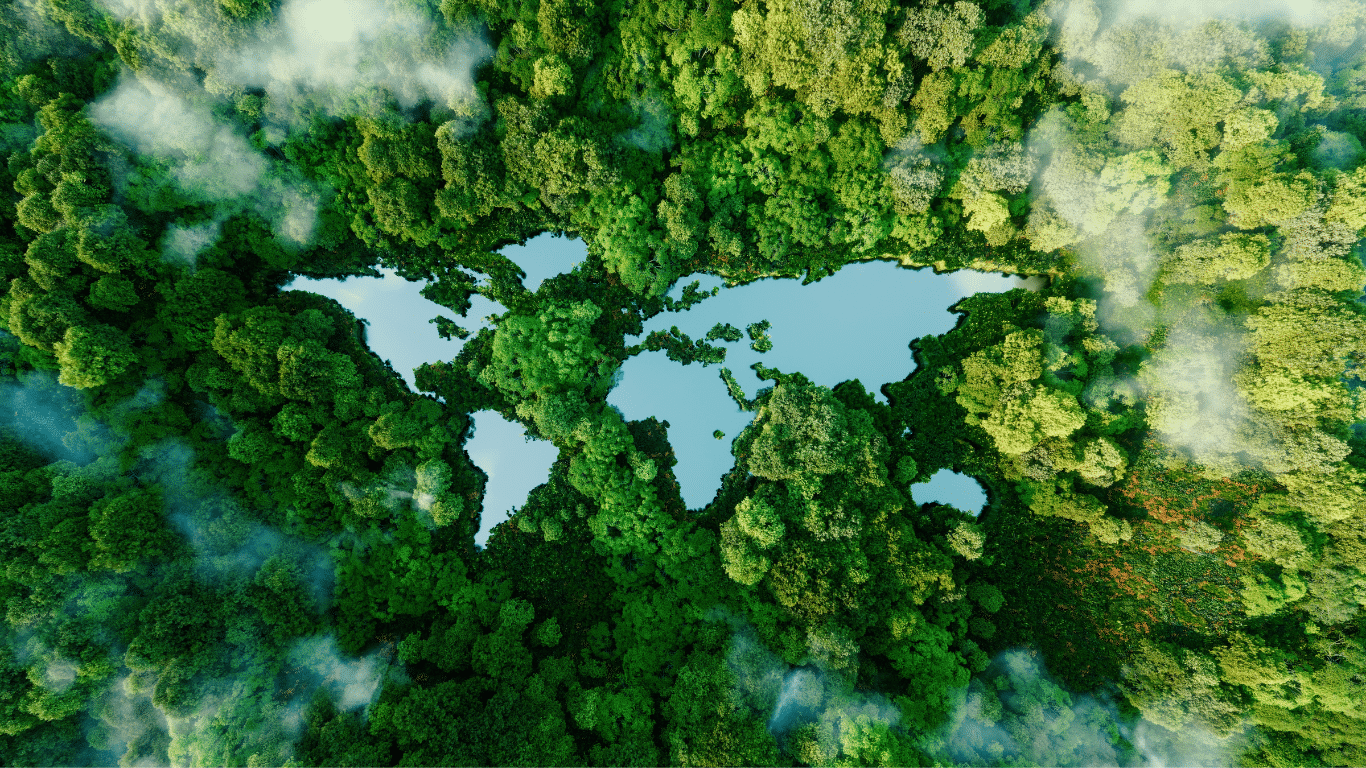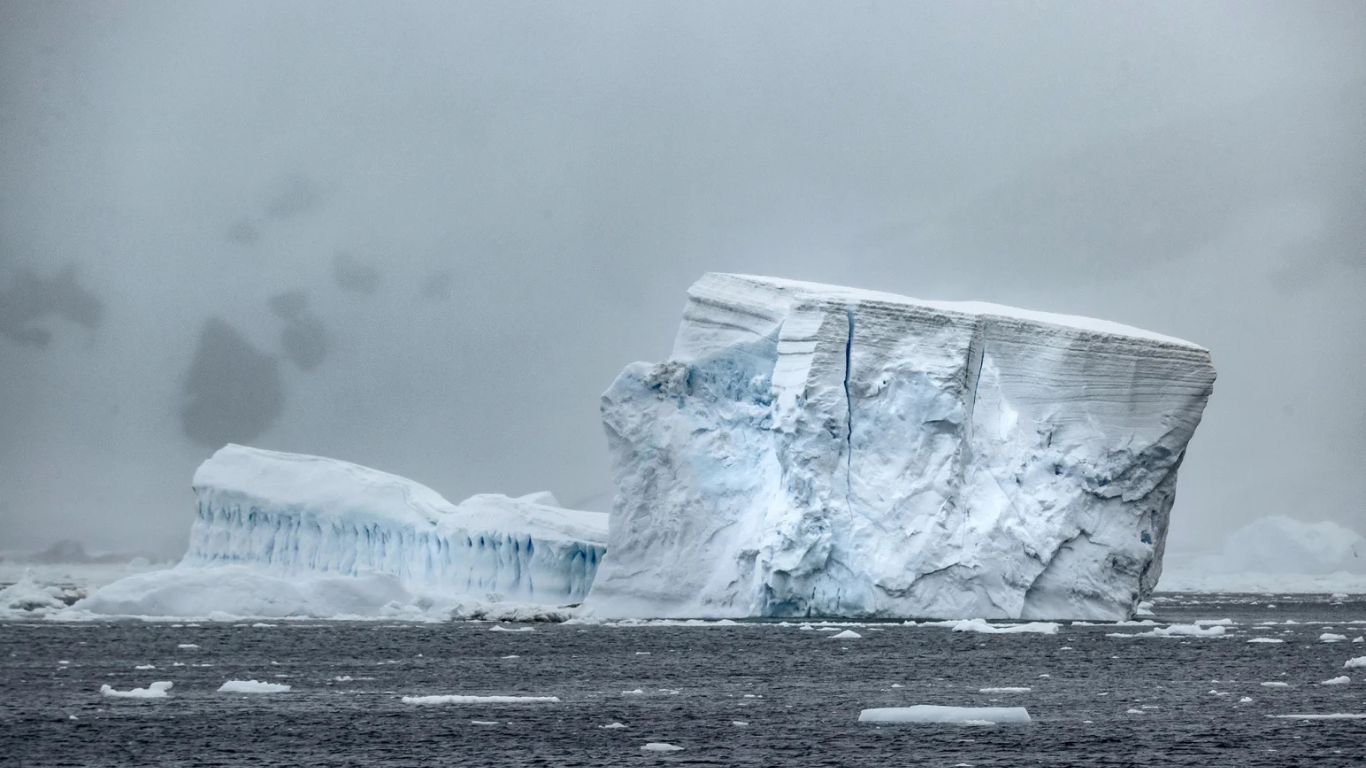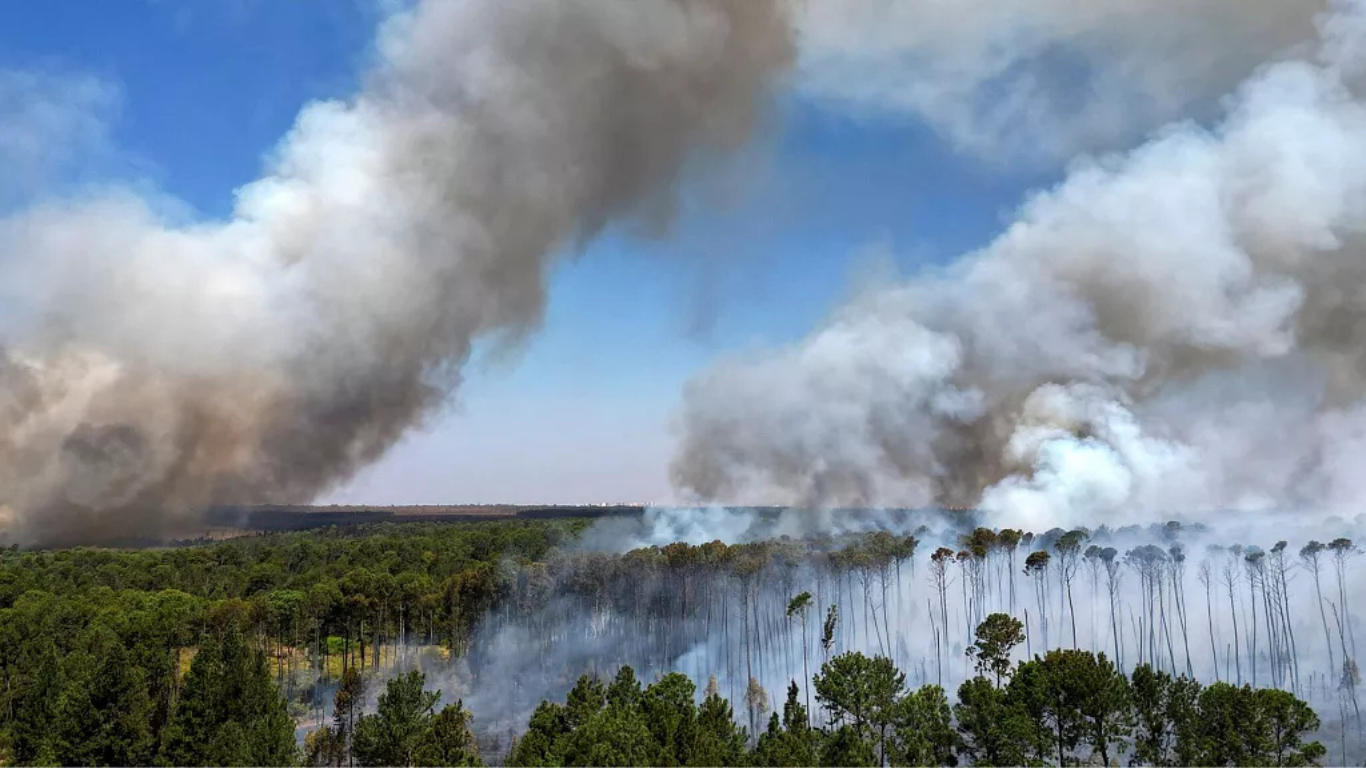By Melissa Reitz
Glaciers are retreating at unprecedented rates, causing a rapid decline in alpine plant species as their remaining habitat disappears.
Despite warmer temperatures exposing new land for plant growth, the benefit for pioneer alpine species is short-lived. These plants are instead becoming ever more threatened as aggressive species take over, pushing them out of their remaining habitat and diminishing overall biodiversity.
According to a newly published paper, researchers have found that up to 22% of the species studied across four glaciers in the Italian Alps would disappear if the glaciers vanish. Endemic plants such as mossy saxifrage, purple mountain saxifrage and mignonette-leaved bitter-cress could become extinct as a result.
Proglacial environments are extremely sensitive to global warming. As the climate warms, mountain species are forced to move to higher-altitude habitats. But there is little space left for them to do this.
Alpine plants play a key role in fragile mountain ecosystems which means their disappearance could also lead to the extinctions of certain animal and insect species.
Earlier research by the University of Zurich has also shown that alpine plants are not adapting well to climate change, and invasive species are quickly colonizing mountain tops. In the Scottish Highlands, botanists have found Britain’s rarest mountain plants are retreating higher and being replaced by grasses normally found at lower altitudes.
“Although deeply concerning, this is valuable information for better understanding the lesser-known effects global warming is having on biodiversity in glacial areas. Again, our attention needs to be focused on mitigating these effects at all costs,” says Adrienne West of the Animal Survival International (formerly Political Animal Lobby).

